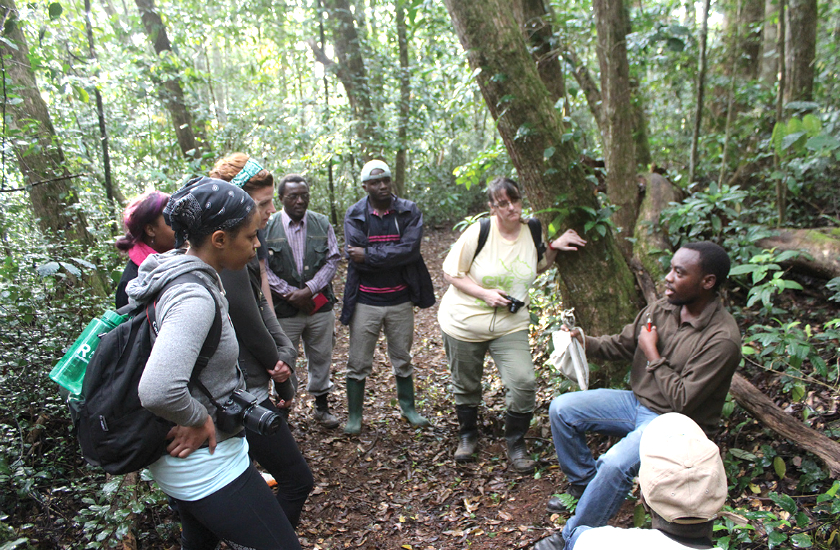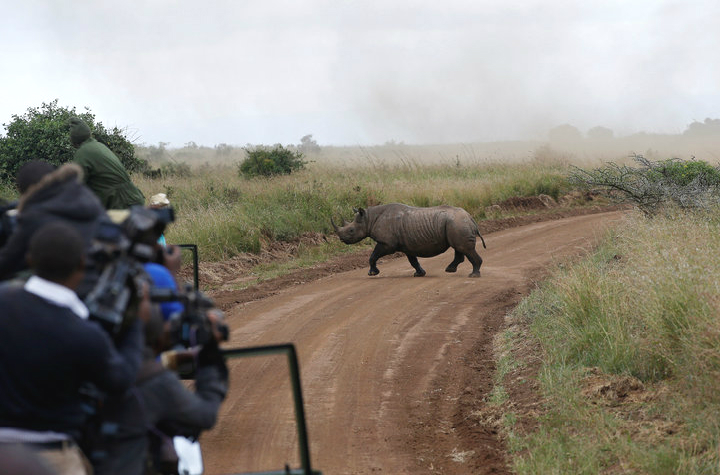The best detectives and problem-solvers in history, from Holmes to Wallander, rely on their skills and analytical abilities just as much as they rely on their gut and personal intuition. But it’s that latter aspect that separates them from others and helps them to connect dots that would otherwise seem unrelated to the ungifted eye.
Conservationism in today’s fast-paced world isn’t much different. Officers and scientists are required to make snap judgments in the field where data and concrete information is often lacking. This isn’t because of laziness. Quite the contrary: conservationists are forced to make decisions fast to keep up with the accelerating negative impact humans are having on the Earth and its diverse ecosystems.
Because of this tendency of researchers to make quick decisions given the rapidly-deteriorating environment in many areas, there is now a push to establish more formal standards for what constitutes adequate data—that can then be acted upon.
But some groups contend that requiring Conservationists to go through more rigorous testing will result in less wildlife and less wild where their fast-serving intuition could have helped to save the day where time is of the essence.
These groups argue that evidence—and much of how people think of the term—is never truly “complete” in our ever-changing world, and that hoping for evidence to reach factually-satisfactory levels would simply make it so that nothing is ever done or accomplished. For this reason, they point out that the use of empirical information is undoubtedly important, but its specific use must be altered to account for the speed of day-to-day operations that necessitate action now, not tomorrow.
For this reason, it is critical that Conservationists be experienced and adept in their training, with solid foundations in not only ecology but human behavior as well. In doing so, those working in the field will be able to draw from a breadth of knowledge when making life or death decisions in the realm of Earth’s diverse ecosystems.
Field staff will be the first to agree that formal evidence and concrete data are the foundation of any conservation decision. However, they also argue that the field of Conservationism itself demands that decisions be made quickly—time is not in abundant supply when countless species are facing Extinction and countless habitats are facing irreversible destruction. And to accommodate these time-bound decisions, the use of hands-on experience and intuition becomes mandatory.
For this reason, they argue that acting on data considered “good enough” will result in the quickest, most effective response–and that’s more than okay.



